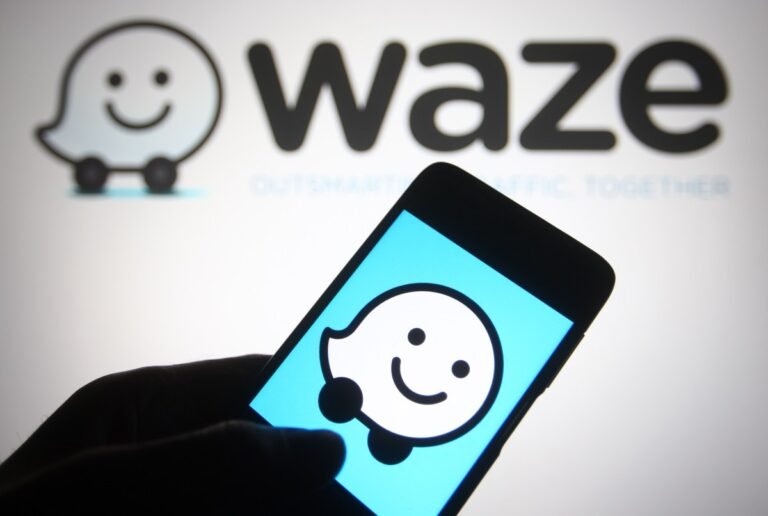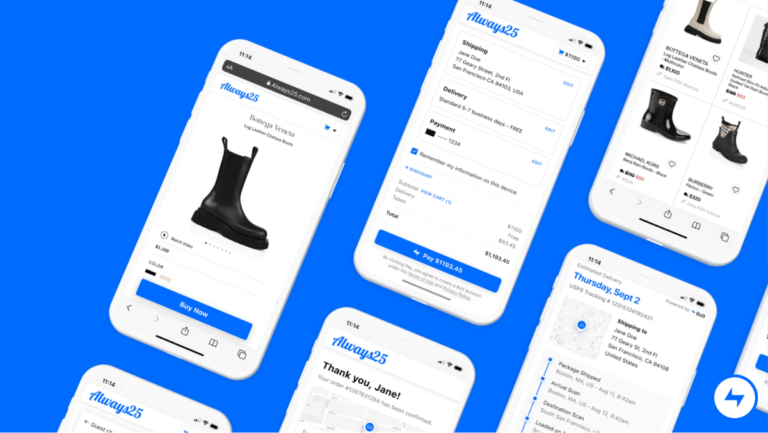
Simulations are an essential step in physical product engineering.
“Luminary’s real-time engineering approach empowers engineering teams to perform product simulation and analysis cycles in minutes, rather than weeks,” Lango said.
[This] results in improved time to market, faster insights, better design outcomes, increased team productivity and better use of valuable physical prototyping dollars.”AI-leaningLuminary isn’t exactly first-to-market with a cloud-based engineering simulation tool.
Lango met Alonso during summer 2019 through Sutter Hill Ventures, the private equity firm, where Lango was an entrepreneur in residence.
Sutter Hill sees a lucrative future in Luminary, evidently, as the startup’s customer base eclipses 33 organizations across the automotive, aerospace and defense and industrial equipment sectors.

Aura combines highly realistic voice models with a low-latency API to allow developers to build real-time, conversational AI agents.
Backed by large language models (LLMs), these agents can then stand in for customer service agents in call centers and other customer-facing situations.
Deepgram’s Aura combines human-like voice models that render extremely fast (typically in well under half a second) and, as Stephenson noted repeatedly, does so at a low price.
“Everybody now is like: ‘hey, we need real-time voice AI bots that can perceive what is being said and that can understand and generate a response — and then they can speak back,'” he said.
The Aura model, just like all of the company’s other models, were trained in-house.

Waze is adding a few new features that will help users navigate tricky roundabouts, get alerts when a speed limit is about to change and get warnings about speed bumps and sharp curves.
The new feature is rolling out globally to Android users this month and iOS users later this year.
Users will start to see alerts when a speed limit is about change along their route, giving them more time to adjust their speed.
This update is rolling out globally to all Android and iOS users this month.
These alerts are rolling out now globally to all Android and iOS users this month.

The much-teased and oft-leaked Nothing Phone (2a) is now officially official, just under a week after it made its limited debut at the company’s MWC after party.
Nothing’s third phone is the first that goes directly after the mid-tier/budget space, with a starting price of $349.
The phone is currently only available here for developers looking to integrate third-party apps with the light up “Glyphs” on the device’s back.
In the London-based firm’s home market, it’s available in both 8GB/128GB and 12GB/256GB models, running £319 and £319, respectively.
At 5,000 mAh, the battery is larger than the ones found on both the Phone (1) (4,500mAh) and Phone (2) (4,700 mAh).

NASA and Lockheed Martin have finally taken the wraps off of the X-59, a “quiet supersonic” aircraft that may shape the future of both military and civilian air travel.
The X-59 has been under development at Lockheed Martin Skunk Works for years, following a $248 million grant from NASA in 2018.
NASA’s X-59 will help change the way we travel, bringing us closer together in much less time,” said Pam Melroy, NASA deputy administrator, in a press release.
“By demonstrating the possibility of quiet commercial supersonic travel over land, we seek to open new commercial markets for U.S. companies and benefit travelers around the world,” said NASA’s Bob Pearce.
Others than NASA and Lockheed are interested in this kind of flight, of course: Boom Supersonic is hard at work getting its own quiet supersonic test plane out there.

E-commerce and fintech company Bolt, which was at one time the subject of a federal probe, confirmed it laid off 29% of its staff, according to a company spokesperson.
This latest round of layoffs, which the spokesperson said happened last week, follow a handful of other layoffs made by the company since 2022.
It’s not clear how many employees the company had at the time of the layoffs or which roles were impacted.
The company, which provides software to retailers to speed up checkout, raised around $1 billion in total venture-backed funding and at one time was valued at $11 billion.
The company announced partnerships with retailers, including Saks OFF 5TH, Shinola, Filson, Lafayette 148 and Toys”R”Us, in November.









